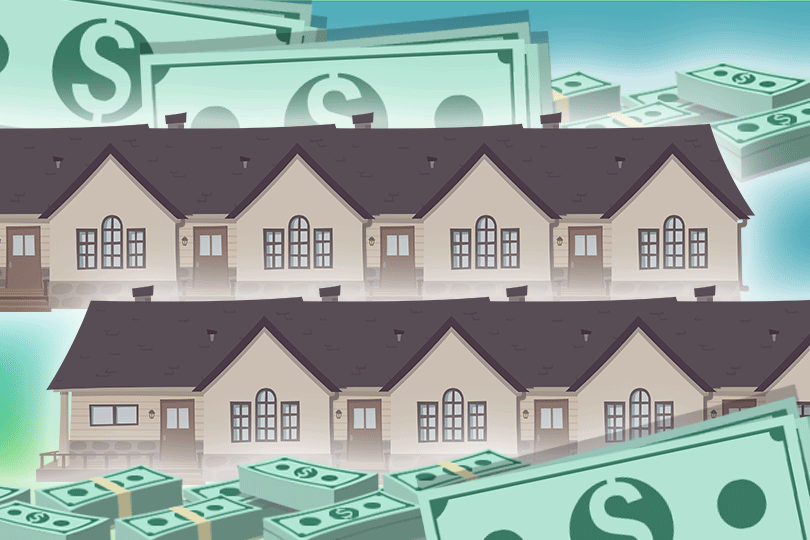FHA Refinance Versus Conventional Loan Refinance
November 20, 2024
While both provide avenues for refinancing, each loan type may be best for specific needs and financial circumstances. What are the differences between FHA and conventional refinance options?
FHA Refinancing: According to the Consumer Financial Protection Bureau, FHA loans are more accommodating regarding credit history. Although the minimum credit score requirement may vary among lenders, FHA loans may have lower FICO score numbers than certain competing conventional loans.
Conventional Refinancing: Conventional loans typically require credit scores in the mid-600s. Conventional refinancing might offer more for your needs if you possess a strong credit history and a stable financial profile.
Mortgage Insurance
FHA Refinancing: FHA loans typically require mortgage insurance regardless of the down payment amount. This includes an upfront MIP paid at closing and an annual MIP that may be incorporated into your monthly mortgage payment.
Conventional Refinancing: With conventional loans, mortgage insurance is usually required if you made a down payment of less than 20% when purchasing. If you refinance a traditional loan, you may not be required to pay for private mortgage insurance. Be sure to ask your lender about this option.
Appraisal Requirements
FHA Refinancing: FHA loans have specific appraisal requirements prioritizing the property's safety, security, and soundness. The appraiser must be FHA-approved and will conduct a comprehensive inspection to ensure the property meets HUD's minimum property standards.
Conventional Refinancing: While conventional loans also require an appraisal, the requirements are thought to be less demanding than those for FHA loans.
Streamline Refinancing
FHA Streamline Refinance: The FHA offers a streamlined option for existing FHA borrowers. This program often involves less documentation and faster processing times, making it worth considering for those seeking to lower their interest rate or adjust their loan term quickly.
Conventional Refinancing: Although conventional loans do not have a specific "streamline" program, lenders may offer expedited refinancing options for qualified borrowers.
Refinancing is a significant financial decision. Take the time to research your options thoroughly, compare offers, and seek professional advice if needed.

FHA Loan Articles
November 20, 2024Refinancing your mortgage offers a way to cash in on your home equity, potentially reduce your interest rate, or modify your loan term. Borrowers ready to consider have options including FHA loans and conventional loans.
While both provide avenues for refinancing, each loan type may be best for specific needs and financial circumstances. What are the differences between FHA and conventional refinance options?
November 14, 2024The home you want to buy might seem perfect, or it may have a few flaws that are acceptable in the grand scheme of things. But what about issues you can’t spot just by walking through the property a few times? A home inspection provides an unbiased, expert assessment of the property's condition, uncovering potential issues that might not be noticeable to the untrained observer.
November 12, 2024Escrow is an important feature of most typical FHA loans. An escrow account is a third-party account where borrowers deposit funds designated for property taxes and other uses. Requirements to use escrow accounts typically stems from a need to protect all parties involved in the transaction
November 2, 2024When it’s time to consider buying a home, the Federal Housing Administration (FHA) offers two popular options. One is the traditional FHA purchase loan many use to buy a house in the suburbs. But not everyone wants to buy an existing property. Some want more control over the design and configuration of the home.
The other FHA construction loan option, the one-time close mortgage, comes in here. This option is for those who want to approve floor plans, have a say in the types of materials used to build the home and choose its features.
October 31, 2024When buying a home for the first time, it helps to know how long the process can take. How do you know if your appraisal report is delayed if you don’t know how long the FHA allows for the process to be completed? How long does it take to get from the final offer to closing day? A “typical” FHA loan process may take up to 45 days from start to finish. Several factors can influence this timeline.







